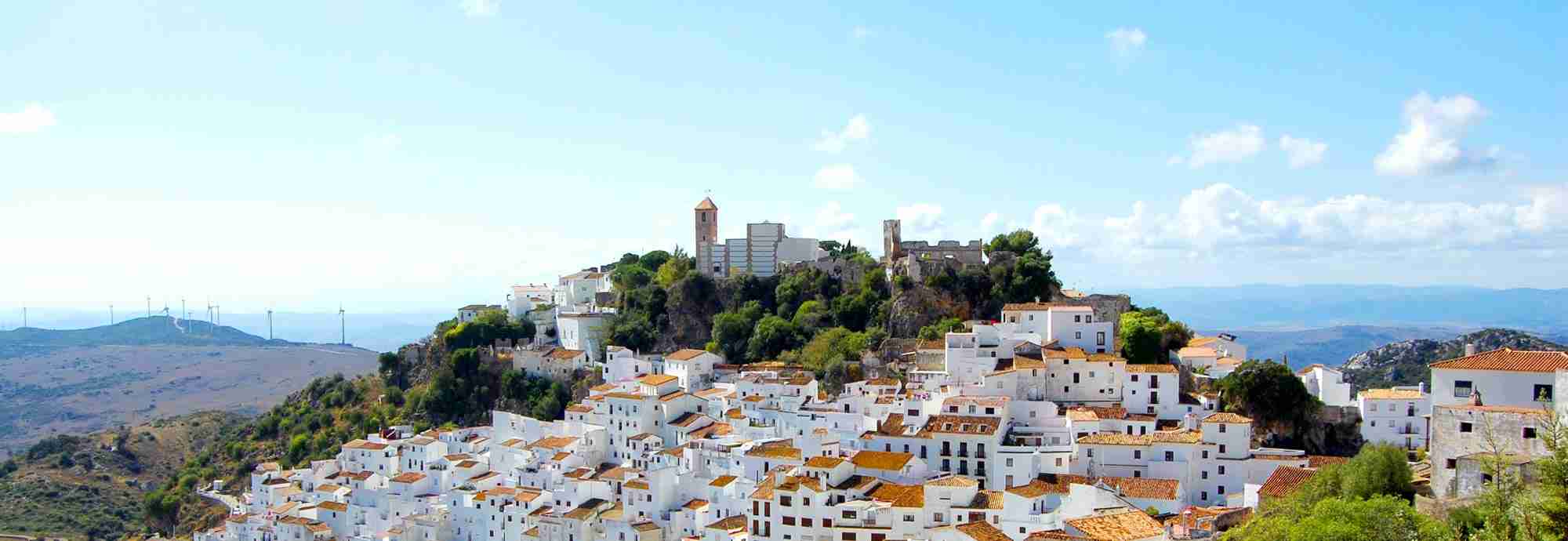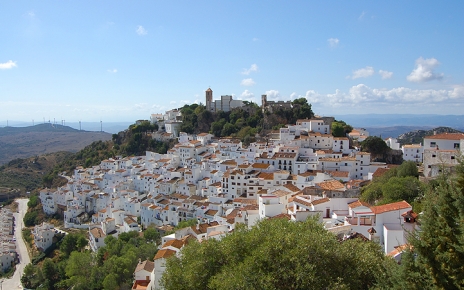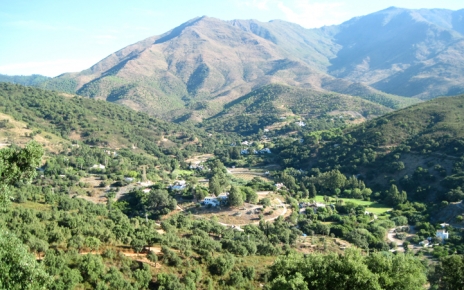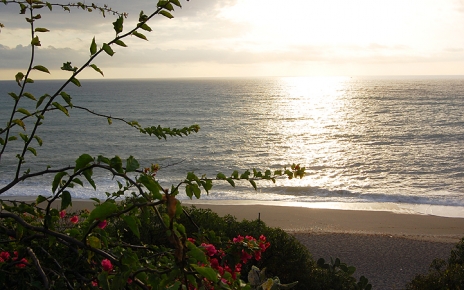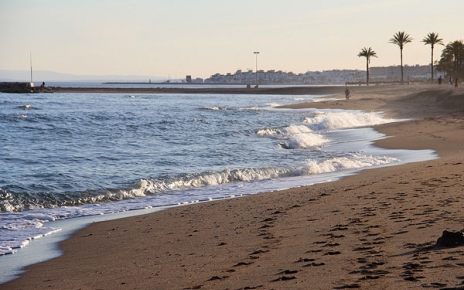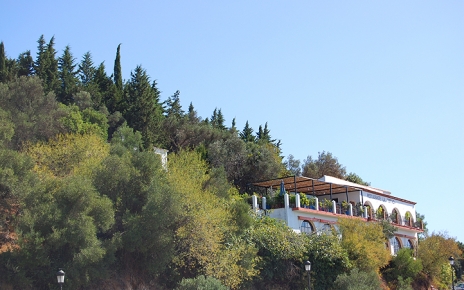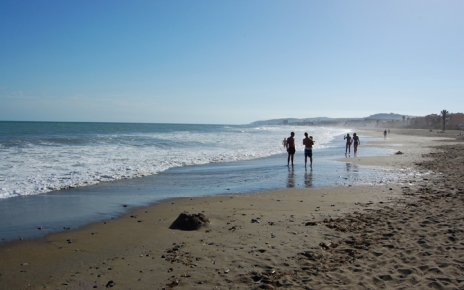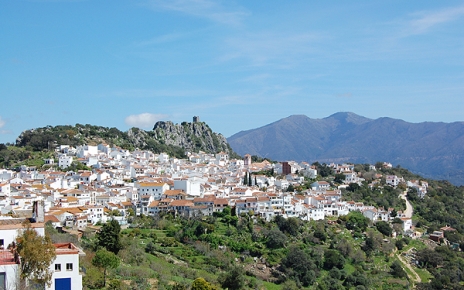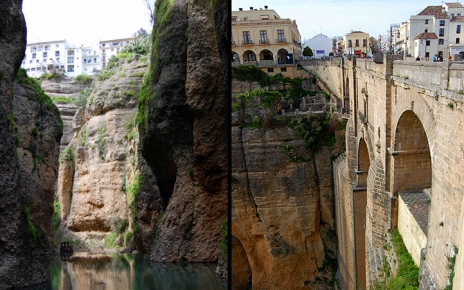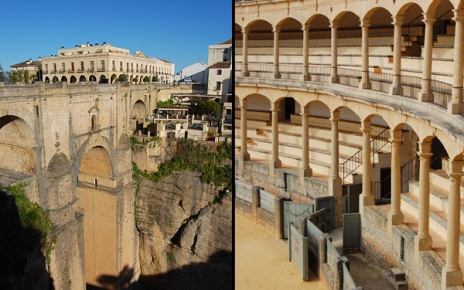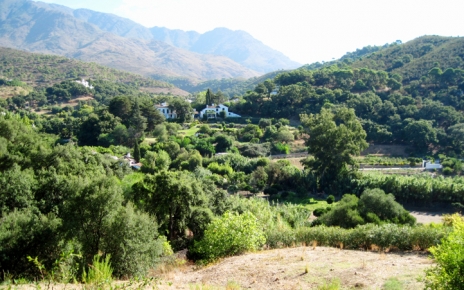Holidays in Casares
Everything you need to plan the perfect holiday in Casares: how to get there, the best places to stay, the best times of year to go, and an unbeatable selection of hand-picked holiday villas and cottages.
Find your Holiday home in Casares
Summary
Casares is just 20 minutes inland from sandy Malaga beaches. It’s one of Andalucia’s prettiest “white villages,” hemmed in by mountains from which it protrudes in classic sugar-cube style.
The tower you see in the highest quarter belongs to the church Iglesia de la Encarnación, damaged by anarchists during the Spanish Civil War and nowadays derelict. Nearby are ruins of an Arabic fortress and the hermitage of Vera Cruz. It's a steep walk up on a hot day, but the views stretch to the sea with the Rock of Gibraltar and even to Morocco on a clear day.
Casares has a pleasant community feel to it and village life centres on the Plaza de España, around where you will find small shops, a bank, café-bars and restaurants, a pharmacy and bakery.
Despite its proximity to the Costa del Sol, the valley hasn't been made into a manicured residential area and remains instead genuine wild countryside.
Casares was the birthplace of Blas Infante, considered the father of the Andalusian nationalism.
Of major interest to holidaymakers is the gorgeously rural Acedia Valley which lies close to Casares, below the road down to the Mediterranean Sea. Despite its proximity to the Costa del Sol, the valley hasn't been made into a manicured residential area and remains instead genuine wild countryside.
A limited number of wonderful holiday villas in private estates enjoy this healthily green rural corner of Malaga province, fed by streams and aquifers, well suited to walks and countryside exploring. The Acedia Valley basks in a warm climate and a correspondingly long swimming pool season.
Close by are excellent roadside restaurants.
Less than half an hour away at the coast are not only beaches, but also top-class golf courses.
Overview
BEACHES
Driving down to the sea couldn't be easier, just 20 minutes down the MA-8300 road. La Sal beach is a good choice; it has a beach bar and it's easy to park. Off the same coastal road are others such as El Castillo. The sea at Playa de Chullera near Manilva sometimes creates natural pools for wallowing or snorkelling in. Our detailed Casares Local Guide (sent to Rustical Travel holidaymakers) has more beach recommendations.
ESTEPONA
On Estepona's own sandy beaches, it's nice to eat out on the sand, where restaurants offer a mix of international and Spanish dishes, although we're not persuaded that the quality is that good. Our local guide directs you to a superb seafood lunch at a restaurant tucked away in the near the docks and bull ring. On Sundays, there's an open air market in Estepona port.
WALKS
Sierra Crestalina refuge circular walk from the village. The climb is not too taxing and affords superb views of Sierra Crestellina and Monte del Duque mountains. The 3-kilometre walk includes a look-out point with views of Gibraltar, the Mediterranean and Africa. The path takes you through vegetation of gall and scrub oak, carob and pine. There's an important colony of Griffon vultures up here and you will almost certainly see them wheeling in the sky.
Lacipo is a pretty walk that children can manage as well takes you cross-country to the ruins of the Roman fortress of Lacipo. Worth it just for the panoramic views on arrival. The ruins are abandoned and overgrown, so children may get the feeling of being discovering explorers.
SIERRA BERMEJA
East of Casares the Sierra Bermeja mountain range rises to 1,450 m. Volcanic in origin, the sierra is rich in iron and platinum and has acquired reddish tinge from the action of rain as metals have oxidized. It's a lovely natural area to walk around or maybe have a picnic.
Special to this sierra are the Spanish fir tree (pinsapo) and a species of roe deer (corzo morisco), both of which are unique to the Ronda mountains. You can drive from Estepona to near the top of Sierra Bermeja in under an hour.
HORSERIDING
Suitable for beginners and experienced riders. The stables will come and pick you up if you wish.
SELWO WILDLIFE ADVENTURE PARK
Jungly and fun and only 30 minutes away. Footpaths with rope-bridges or a truck safari take you to flamingos, monkeys, elephants, bears, giraffes, Bengal tigers – even a batcave.
RONDA MOUNTAINS AND VILLAGES
Drive round the old whitewashed villages of the Ronda Mountains, inhabited since Neanderthal times and you can visit caves that prove it. There are many routes, but one that people always enjoy is the easy drive round through Montejaque and Benaoján villages, continuing south to La Pileta cave, where prehistoric paintings and fossilized Stone Age skeletons were discovered in 1905. A lovely walk combines with the little train running between Benoaján and Jimar villages. We have restaurant recommendations here, also.
BEST OF THE REST
Hedionda baths
Julius Caesar was cured of a skin or liver complaint when he visited the local sulphurous baths (Los Baños de Hedionda) in 61 AD. They are not in the best of repair these days, but they are free to visit and use. The tradition is to smear the green mud from the riverbank onto skin and hair, let it dry in the sun, and then bathe to wash it off in the baths or river. The water temperature is a constant 18⁰C in winter or summer.
Blas Infante's house
On the street into Casares village is the birthplace of Blas Infante (1885 – 1936), considered to be the father of the Andalusian nationalism. He was executed by Franco's forces early in the Civil War. After Franco's death in 1975, Andalusia gained political identity as Spain's largest autonomous community. The house is open to the public.
Wildlife
Wildboar frequent Casares' Acedia valley, often the bane of gardeners who find their villa lawns dug up by the unwelcome visitors. Despite their almost prehistorically fierce aspect, the boars are shy of people and it is birds that you are more likely to see. Vultures, short-toed eagles, bee-eaters, Bonelli's eagle, kestrels and kingfishers are all commonly spotted.
Gaucin
Walk up to Eagle Castle (Castillo del Águila). If you are in Gaucin at lunchtime, Restaurant El Lateral is recommended and for tapas there are Casa Antonia, El Puente and Bodeguita El Chaparro. Horse riding is also available, passing through Andalusian mountain countryside, orange groves and over rivers.
...Read more about Gaucin.
Alcornocales Natural Park and Jimena de la Frontera
Forests of cork oak surround Jimena village, whose atmosphere is quieter than Gaucin and castle ruins also well worth a visit, especially for the views. El Anon is an enjoyable place to eat or have a drink.
...Read more about Jimena de la Frontera.
Marbella (40 mins)
Ritzy and smart, the resort of preference for the jetset is always interesting to visit, especially the harbour with yachts at Puerto Banus. Exchange natural beauty for the glitz one day with a visit to Marbella and its upmarket harbour of Puerto Banus. Top activities here are shopping, dining at fine restaurants, people-watching and yacht-gazing. There are beaches, too. We recommend a maritime walk between Marbella and Puerto Banus. Away from the traffic, a path runs along the beach, a place for cool beach venues, LA-style joggers and care-free strollers. You can see the route here: https://goo.gl/maps/IOMFJ The walk takes about half an hour. Marbella also has a lovely old historic quarter that many people are unaware of.
Gibraltar (45 mins)
The British overseas territory gives the impression of being trapped in a time warp from 30 years ago. Take the cable car at the end of Main Street to visit the limestone caves: St Michael's Cave, the old siege tunnels and the old Moorish castle. Visit also the Trafalgar cemetery for its interesting headstones. Watch the monkeys (semi-wild Barbary Macaques) but watch they don't snatch your things! Or take a boat trip to see and maybe even swim with the dolphins. Duty-free shopping is available in Gibraltar.
Tarifa (1 hr)
This is where the Atlantic's sandy beaches begin. Tarifa is especially well-known for windsurfing and kitesurfing. There's a fast ferry from Tarifa to Tangiers in Morocco making daytrips a possibility. Boat trips are also available to go whale watching (best in July) and dolphin watching.
Ronda (1 hr 15 mins)
The historic town is a big draw for many with its Puente Nuevo bridge over the deep gorge, bullring (the oldest in Spain) and museum, gardens and palaces. The drive to Ronda along the mountain road via Gaucin is an attraction in itself.
...Read more about the Ronda Mountains.
FIESTAS
Pilgrimage of the Virgin of the Rosario del Campo This procession in honour of the patroness of Casares takes place on the second weekend in May. The statue of the Virgin is carried down to the Guadiaro river in the valley below.
Verbena de San Juan: On the night of 23rd June, the eve of St John's day, summer's advent is celebrated with fire and water all over Spain. The local party is held on the beach of Marina Casares with bonfires by the sea, music and entertainment.
Feria de Casares: The village's main summer fiestas are held on the first weekend in September, with music and food late into the night.
FOOD AND DRINK
For all basic shopping, there are small supermarkets and shops in Casares village. For a wider choice, superstores are 20 minutes away on the coast. For eating out, there are four very interesting options all on Casares country road to the coast we like:
• Venta Victoria - For breakfasts in the front room and lunch in the rear patio. Spanish dishes, unpretentious and pleasant.
• El Arroyo Hondo is our favourite. The English-Japanese run establishment has a very pleasant garden for dining and children are welcome. Modern cuisine with a Spanish/Moorish/Japanese touch. Often has an excellent set lunch.
• The Forge is a expensive and grander restaurant on the way to Casares.
• Venta Villa García: what used to be a simple wayfarer's watering hole is now enclosed within a glass porch and serves fine food and wine with ambient music.
Casares village:
• Restaurante La Bodeguita de Enmedio - Situated on the main square, this restaurant has terraces upstairs. The food is typical local fare at nicer prices than the roadside restaurants.
• La Terraza at the entrance to Casares village offers typical Andalucian food. Only open for lunch on Saturday and Sunday. The outside terrace has a tremendous view of the village,
Gibraltar and the coast.
Climate
South-facing towards Mediterranean Sea, from which it lies 10 km inland at some 500 metres above sea level, the climate in Casares just has to be good.
The altitude is high enough to draw lovely, rising mountain and sea breezes, but not so high as to suffer from winter cold. Mountains and sierras to the north also protect this area from cold winds. It adds up to a generally very mild climate all year round, even if not quite as semi-tropical as some parts of nearby Malaga. Frosts are rare and cold spells are short and some years virtually non-existent.
July and August are hot, and summery temperatures commonly extend into June and September and even beyond. However, the proximity of the sea and the hilly terrain ensure that under normal circumstances the heat is bearable even at the height of summer, and only occasionally intense.
Casares has an evident, classic and traditional Mediterranean climate. There are generous rainfalls in winter, often followed by sunny spells.
The area has a long and reliable dry summer season and a colossal number of hours of sun per year.
CASARES COUNTRYSIDE
Casares is located between the mountain ranges of Crestalina and Bermeja, which run all the way down to the coast.
Sierra Bermeja slopes down south to form the warm, fertile Acedia Valley before reaching the coast. Here the sun shines most of the year; it is a very attractive spot for holiday villas."
Both mountain ranges are high enough to retain groups of clouds and have generous seasonal rain at their summits to guarantee rich aquifers and a good supply of water most years. Wonderfully thick Mediterranean vegetation grows in the area, creating an evergreen feel to the landscape even when the ground is dry.
The crest of the Sierra Bermeja is characteristically topped by a tenacious cloud-hat, which creates an enigmatic mistiness all the while the surrounding area is enjoying brilliant sunshine. This peculiar condition at the mountaintop permits the northern side of this Sierra to preserve a small area of Spanish firs: an extremely rare tree species in danger of disappearing under global warming.
Sierra Bermeja slopes down south to form the warm, fertile Acedia Valley before reaching the coast. Here the sun shines most of the year; it is a very attractive spot for holiday villas.
Although rainfall can be uncommon in this region of southern Spain, it is by no means desert like Almeria in eastern Andalucia. The local cork oak woods are witness to the fact that there is a good supply of winter rain to go with the plentiful of sun.
CASARES CLIMATE SUMMARY
Casares rises up a short distance from the sea, where a moderate elevation ensures a very benign Mediterranean climate.
Maps
Getting there
AIRPORTS FOR CASARES
The closest airport for holiday villas in Casares is Gibraltar Airport (GIB) at just 50 mins.
Otherwise, arrival at Malaga Airport (AGP) is followed by an easy drive along the coast for 1 hr 30 mins to Casares. Malaga has the most flights to choose from, but you might find a better offer to one of the other airports. Alternatives are:
Jerez Airport (XRY) 1 hr 40 mins and Seville Airport (SVQ) 2 hrs 15 mins.
CAR HIRE
We recommend a car for getting to your rural holiday villa in Casares. It's practical, convenient and needn't be expensive. Unless you take a taxi, a car is the only way of reaching your property, and is then invaluable for shopping, eating out, visiting places of interest, days out at the beach, and making an easy return trip at the end of your stay.
The road in network in southern Spain is good and well-maintained, roads are quieter than in many other European countries, and the route to Casares is quite straightforward.
Driving times from the airports above are shown on the villa's individual property page. You will receive a map with detailed directions for your holiday villa as one of your holiday documents from Rustical Travel.
If you're flying into Gibraltar at rush hour time, when the queue for cars crossing the border into Spain can be long, we suggest hiring a car from one of the companies (Avis or Europcar, for example) with an office on the other side of the border in La Linea de la Concepción. It's just a 10-minute stroll from Arrivals in Gibraltar Airport across to La Linea in Spain.
Rustical Travel doesn't have a professional arrangement with any particular car hire company and we suggest you shop around for car hire using a broker such as rentalcars.com or similar. It's easy to compare prices of rentals with companies that operate at the airport you fly into, and all the reputable agencies have online payment for advance booking these days. You don't have to use the broker. If you prefer, you can check the car hire companies own websites, compare prices, and book direct.
Villas in Casares are reached along a dry, somewhat uneven track, but there is no width limit if you want to opt for a large vehicle. Only low-slung sports cars with poor clearance are unsuitable.
PUBLIC TRANSPORT
Public transport is limited to two buses a day between Estepona on the coast and Casares village, from where a taxi service operates.
Holidaymakers coming to Casares need a car for all practical purposes.

Casares village

Morning in Casares
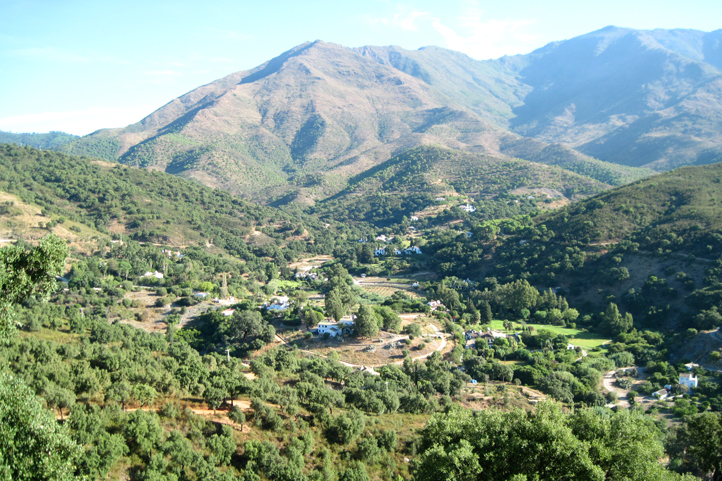
Acedia Valley
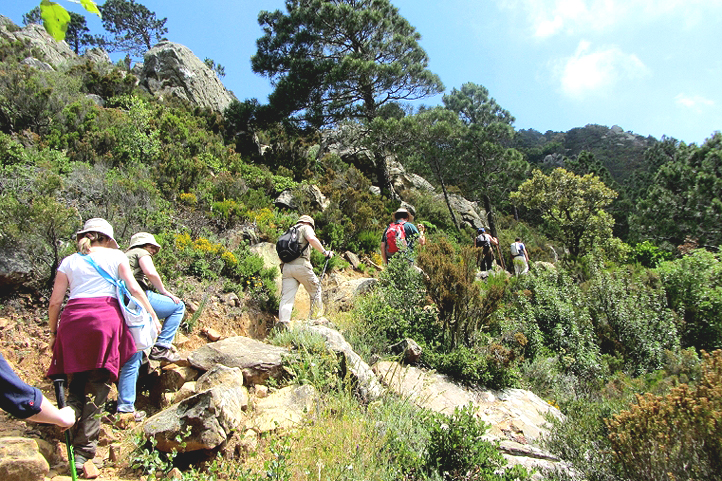
Alcornocales Natural Park walk
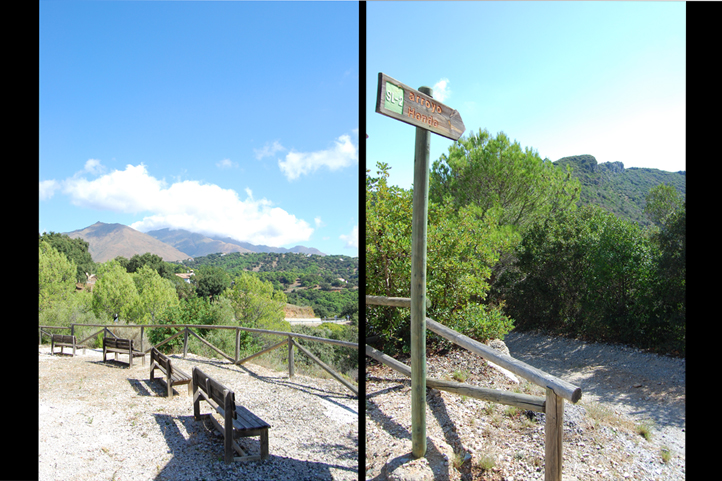
Walking in Casares
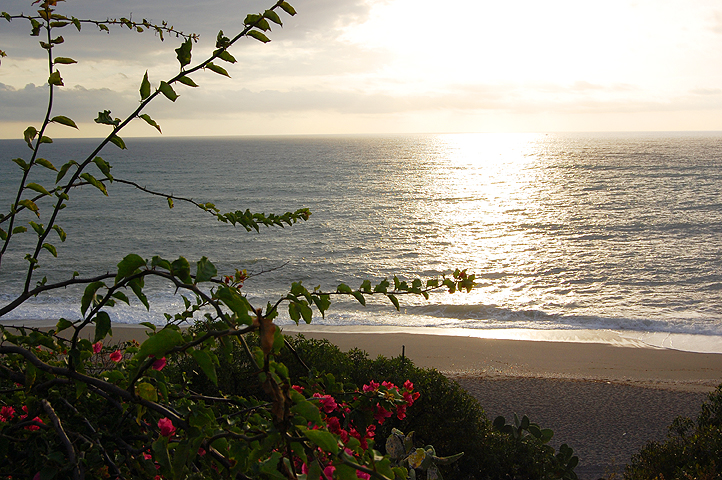
Beach in Estepona
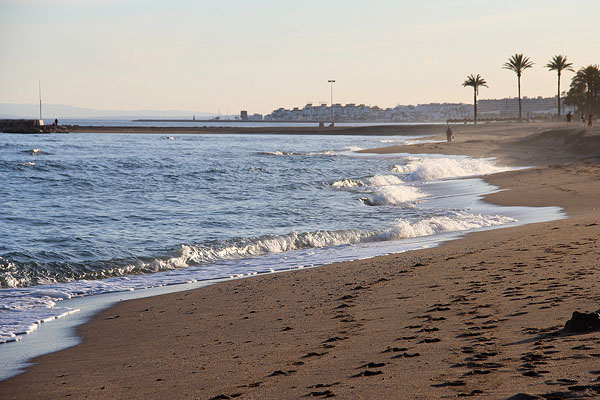
Casares beach
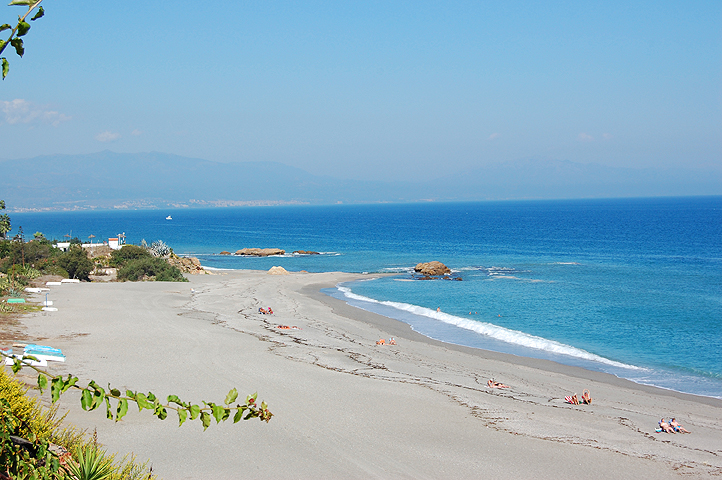
Beach near Manilva
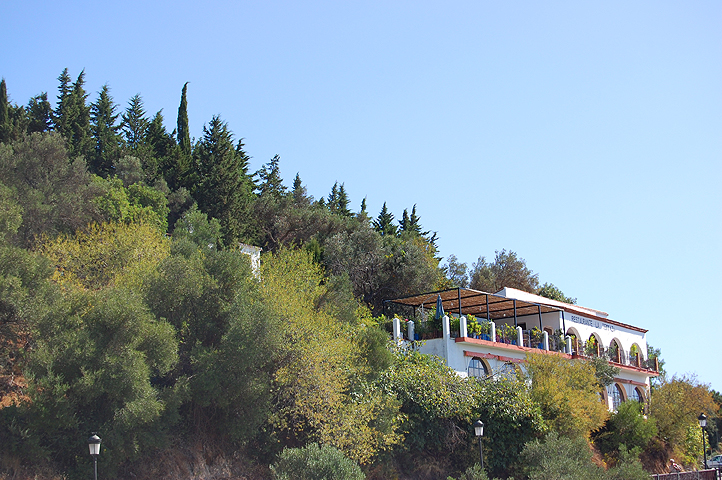
Classic bar restaurant with terrace and views in Casares
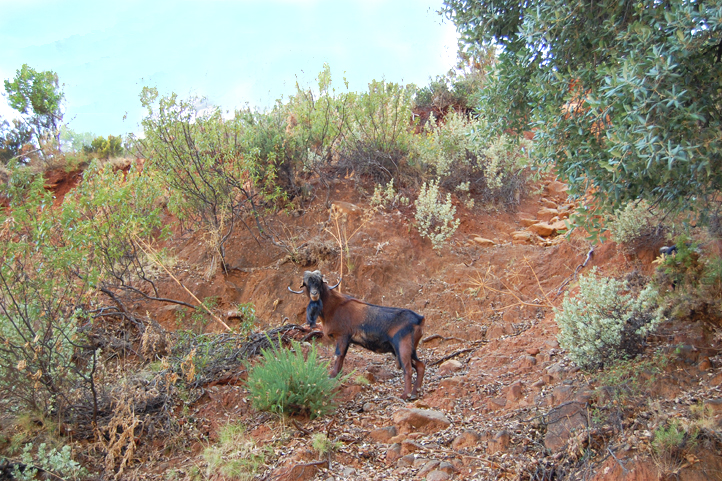
Mediterranean nature, local Goat
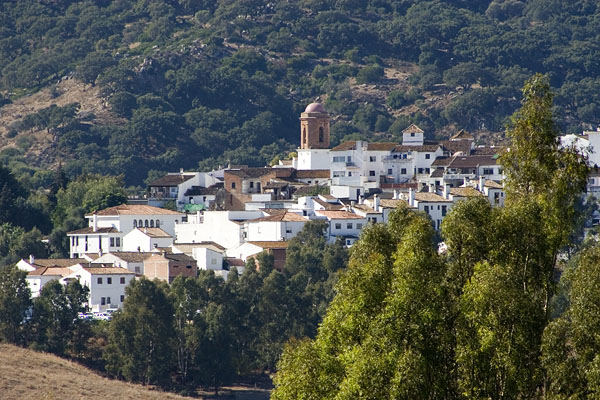
Nearby village of Jimena

Playa Bahia in Casares
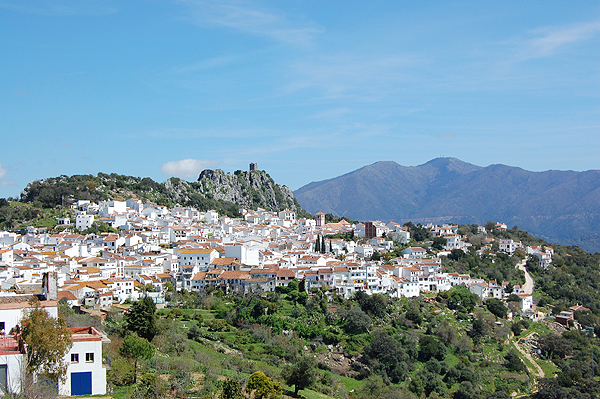
Nearby Gaucin under the castle
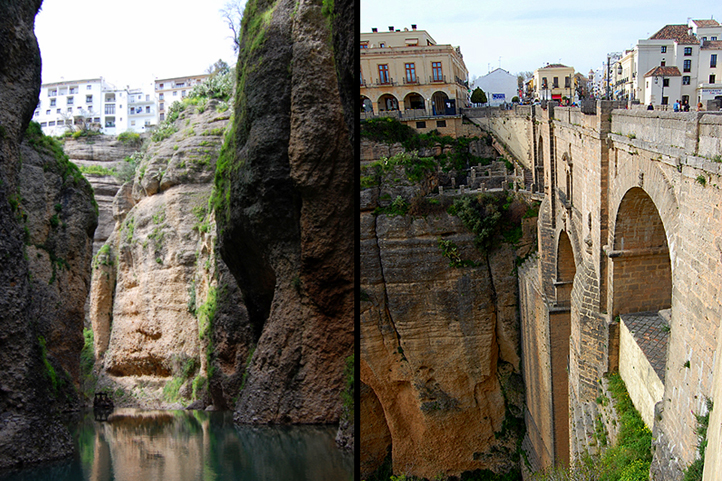
Day trip to Ronda
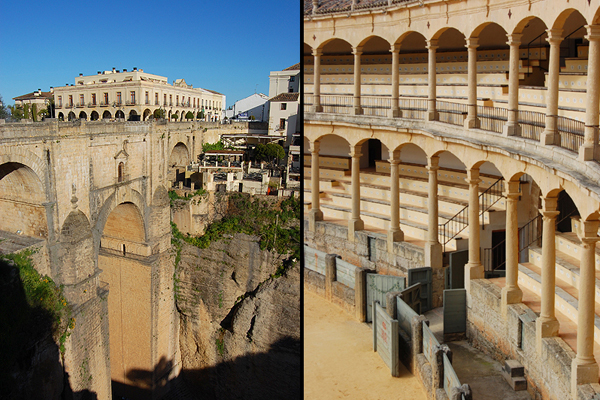
Historical Ronda
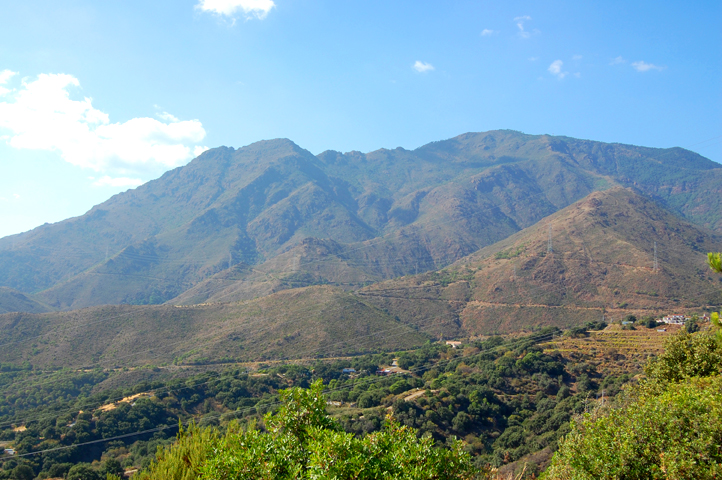
Sierra Bermeja
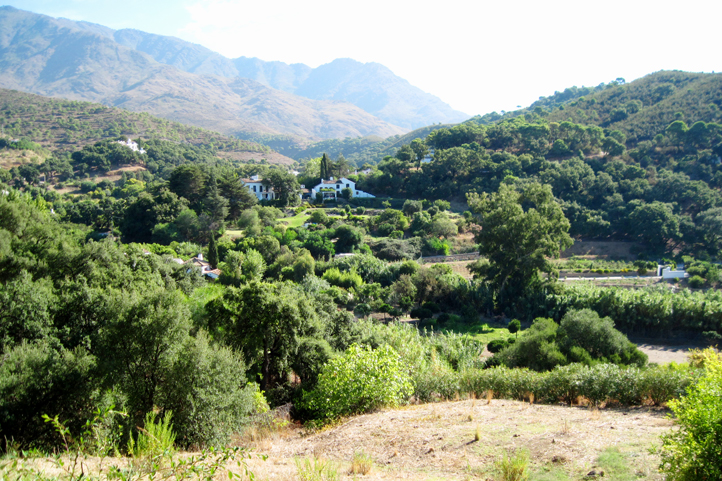
Villa in Acedia Valley
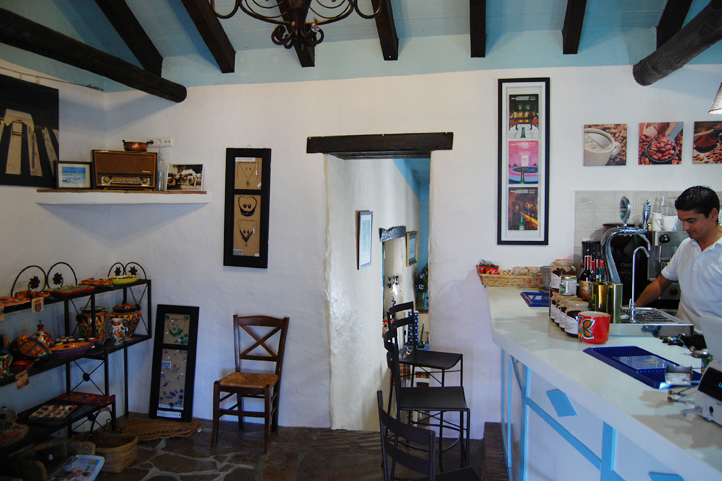
Venta Victoria on the way to Casares
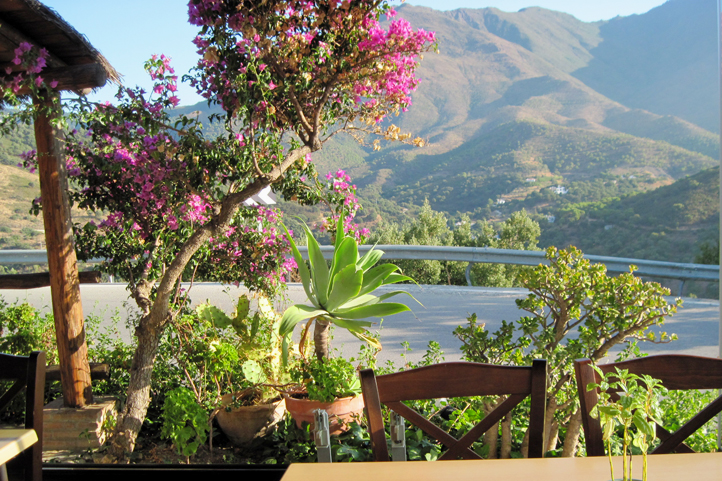
View from Venta Victoria
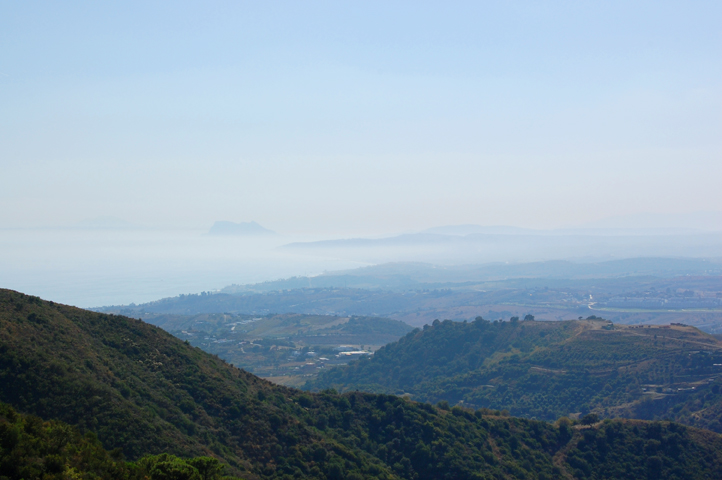
Views towards Gibraltar




















